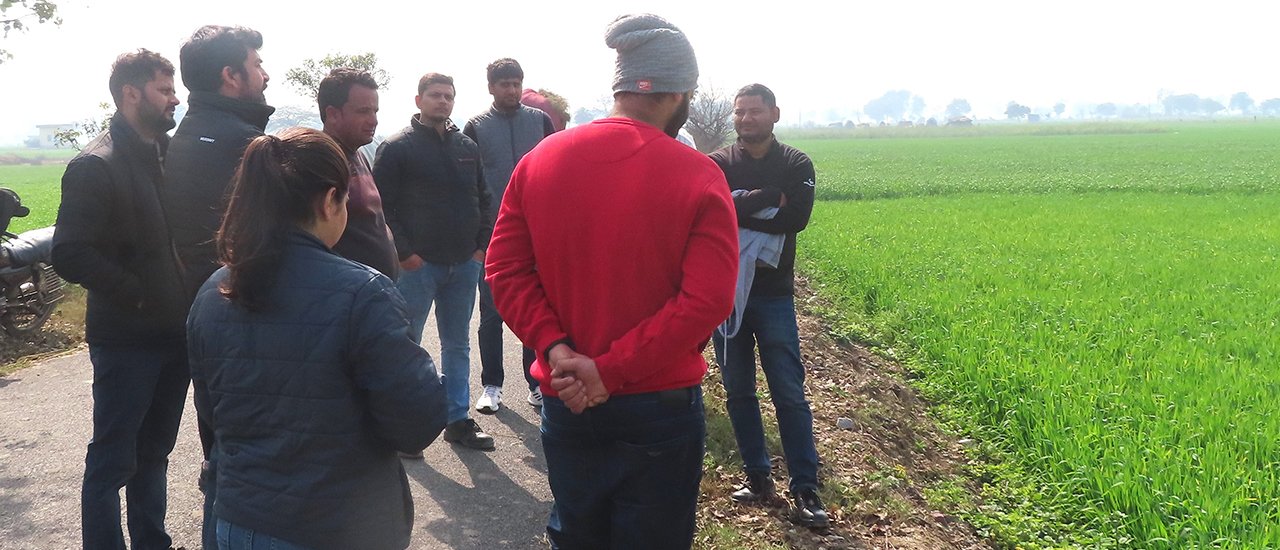IMPACT ASSESSMENT

CSR Impact Assessment refers to the systematic evaluation of a company’s activities and initiatives in terms of their social, economic, and environmental impacts. It involves analyzing the effects of these activities on various stakeholders, including employees, customers, communities, and the environment. By conducting such assessments, companies can gain insights into their overall social responsibility performance and determine the extent of their positive or negative influence. Many CSR departments and foundations focused on evaluating the impact on the community due to various initiatives undertaken by them either hire an external agency or perform Impact Assessment on their own. In 2021, the CSR law in India has made it mandatory to perform Impact Assessment for CSR projects.
The primary aim of Organization for Social Impact assessment (OSIA) Trust is to help companies in India to embrace CSR activities. And we extend our helping hand to corporates with resources and enable them to build strategies to impact sustainable community development. We are highly skilled in CSR Impact Assessment.
Thematic Areas of Experts:
Methods of CSR Impact Assessment:
Quantitative Methods:
Quantitative methods in CSR focus on measuring tangible outcomes and impacts through statistical analysis and numerical data Some common quantitative methods include:
Surveys & Questionnaires
Financial Analysis
Key Performance Indicators(KPI)
Qualitative Methods:
Qualitative methods in CSR aim to grasp intangible aspects like stakeholder perceptions, community engagement, and social impact, offering insight into societal outcomes. Common qualitative methods include:
Focused Group Discussions
Interviews
Case Studies
Key Considerations for Impact Assessment:

Stakeholder Engagement
Qualitative methods in CSR aim to grasp intangible aspects like stakeholder perceptions, community engagement, and social impact, offering insight into societal outcomes. Common qualitative methods include:

Materiality Assessment
Conducting a materiality assessment helps organizations identify the CSR issues that are most relevant and significant to their industry, business operations, and stakeholders. Focusing on material issues ensures that the assessment provides meaningful insights.

Long-Term Perspective
CSR Impact Assessment should take a long-term perspective to evaluate the sustained impact of initiatives over time. Short-term gains may not accurately reflect the true value and long-lasting benefits of CSR efforts.

Continuous Improvement
CSR Impact Assessment should not be a one-time exercise. It should be an ongoing process that facilitates continuous improvement and adaptation to changing social and environmental challenges.
CSR Impact Assessment plays a vital role in evaluating the social responsibility performance of organizations. By assessing the impacts of their activities and initiatives, companies can enhance transparency, identify areas for improvement, mitigate risks, and foster long-term sustainability. Through the use of quantitative and qualitative methods, engaging stakeholders, and considering key aspects, organizations can unlock the true potential of CSR and make a meaningful impact on society and the environment







